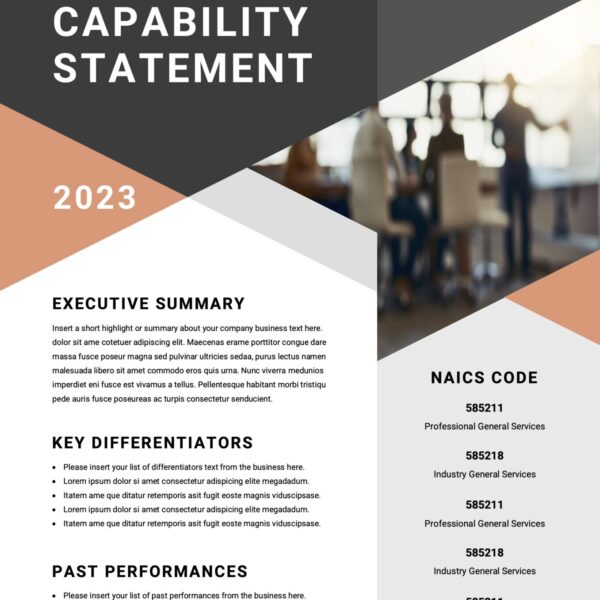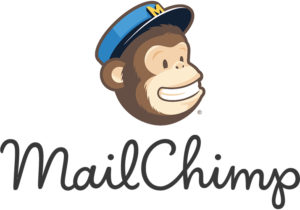 Of the past few weeks I’ve been getting quite a few questions about SEO. With the growing consciousness of the power of search and keyword relevancy, all questions are pretty much valid. Let me start off though with stating that SEO (Search Engine Optimization) is a service all on its own. My personal recommendation is that you find a reputable company that provides these services almost exclusively. They’ll work with your web designer or if you don’t have one, they’ll make the necessary updates for you in their marketing plan. Typically you’ll see prices range from $700 to $2,000 a month. And that’s where I notice a lot of people’s facial expressions drop.
Of the past few weeks I’ve been getting quite a few questions about SEO. With the growing consciousness of the power of search and keyword relevancy, all questions are pretty much valid. Let me start off though with stating that SEO (Search Engine Optimization) is a service all on its own. My personal recommendation is that you find a reputable company that provides these services almost exclusively. They’ll work with your web designer or if you don’t have one, they’ll make the necessary updates for you in their marketing plan. Typically you’ll see prices range from $700 to $2,000 a month. And that’s where I notice a lot of people’s facial expressions drop.
For the average small business start-up, forking over $1,500 a month in SEO services may be a bit high. There are a few things I want to bring to light about SEO and the shoestring business.
- SEO is not for every business on a budget. If you can only allow for a budget of $100 or less per month, you’ll be better off doing a local PR campaign, or an ad in your community newspaper, or social media.
- Evaluate how much profit you make per each new customer before doing SEO. If each new client brings you a profit of $50 to $100 but you’re monthly invoice for proper SEO is over 1k, that SEO plan needs to bring in more than 10 new clients a month at least.
- SEO should incorporate many online facets like, directory listings (DMOZ, Altavista, Google), local directories (Yelp, Superpages, Google Places).
- There should be some goals and metrics involved before and during an SEO campaign. I’ve heard a few people say they’re doing SEO but have no idea what the increase of inbound links are from month to month or what their lead to conversion rates are.
- Don’t think SEO is something you’re going to do for one or two weeks or months and then turn off or stop the service. Like any other marketing plan, SEO needs to be considered as an ongoing plan. You’ll want to monitor and even graph your traffic, leads, and conversions each month. Stopping altogether really isn’t an option, but switching providers due to bad performance may be.
There are other things a business owner can do to boost traffic on their own website. Some free tactics include Google Analytics and Website Grader from Hubpspot. The data that these two sites provide can really give you an in-depth look at the traffic coming into your site, what keywords are relevant, browser usage and more.
I do want to stress that SEO is fantastic when you’re ready to really compete against your competition. You’ll certainly want to expect more traffic to your physical brick and mortar store too. Having great sales reps and customer service already in place will help capitalize on all this new recognition too.


